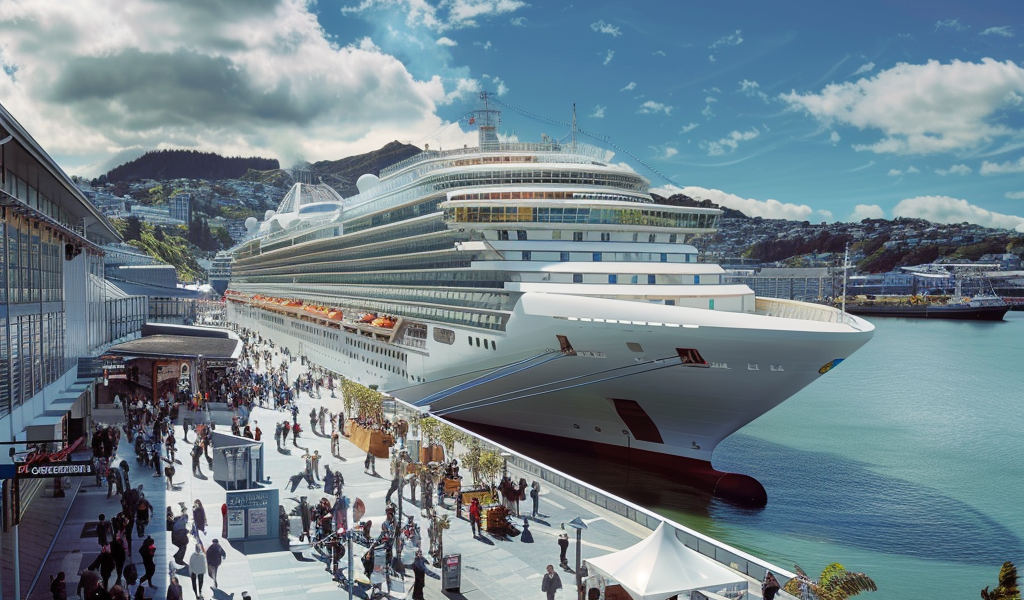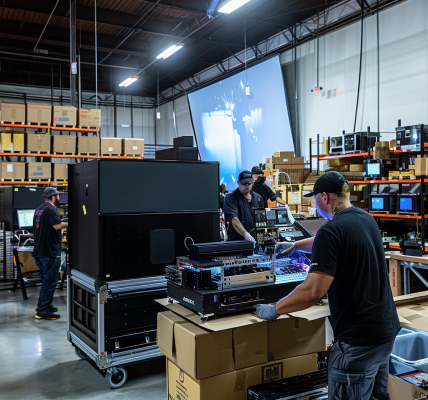New Zealand is facing a potential decline in cruise tourism due to a proposed significant increase in border processing fees for cruise passengers. Starting December 1, 2024, the fees are set to rise by an astonishing 88%, which has raised concerns among industry stakeholders and tourism advocates.
The proposed fee hike has been met with strong opposition from various tourism groups, including Cruise Lines International Association Australasia and the New Zealand Cruise Association. These organizations argue that the increase could deter cruise lines from operating in the region, further impacting an industry that is already struggling with tight profit margins.
Jacqui Lloyd, the CEO of the New Zealand Cruise Association, expressed her concerns, stating that cruise lines typically plan and budget their operations two to three seasons in advance. This long-term planning means that unexpected cost increases, such as the proposed fees, cannot easily be passed on to passengers who have already made their bookings. Lloyd estimates that the new fees could result in an additional financial burden of around $2 million NZD (approximately $1.2 million USD) for the upcoming 2024-2025 cruise season.
The cruise industry is already grappling with high operational costs in New Zealand, which is considered one of the most expensive markets for cruise lines. Environmental regulations, port fees, and other factors contribute to the challenges faced by cruise operators in the region. As a result, the proposed fee increase poses a significant threat to the financial viability of cruises in New Zealand.
When cruise lines prepare for their itineraries, they typically estimate port fees and taxes that are added to passengers’ fares at the time of booking. If the actual fees are lower than anticipated, guests may receive a refund during their cruise. However, if the fees exceed the estimates, cruise lines cannot charge passengers additional fees after the cruise has been fully paid. Instead, they must absorb the extra costs, which can amount to tens of thousands of dollars for each ship visit.
For instance, depending on the number of passengers and crew members aboard, the fee increase could lead to an additional $20,000 or more in costs for each cruise ship visit. This financial strain could result in cruise lines reevaluating their itineraries and potentially reducing the number of visits to New Zealand.
Despite the impending fee increase, the New Zealand cruise tourism sector has not fully recovered to pre-pandemic levels. Many regions around the world have seen a resurgence in cruise travel, but New Zealand’s cruise tourism remains below its previous highs. This is concerning for local economies that rely heavily on cruise visitors for revenue.
The cruise industry is currently in discussions with the New Zealand government to negotiate the new fees and seek a resolution. Regular consultations have been taking place, but it remains uncertain whether any adjustments can be made before the proposed fees take effect.
As the cruise season approaches, stakeholders in the tourism sector are keeping a close eye on developments regarding the fee increase. The potential impact on cruise traffic could have far-reaching consequences for local businesses, port operations, and the overall tourism landscape in New Zealand.
In summary, the proposed 88% increase in border processing fees for cruise passengers could significantly affect the cruise industry in New Zealand. With the implementation date fast approaching, industry leaders are advocating for a reconsideration of the fees to prevent further decline in cruise tourism in the region.





